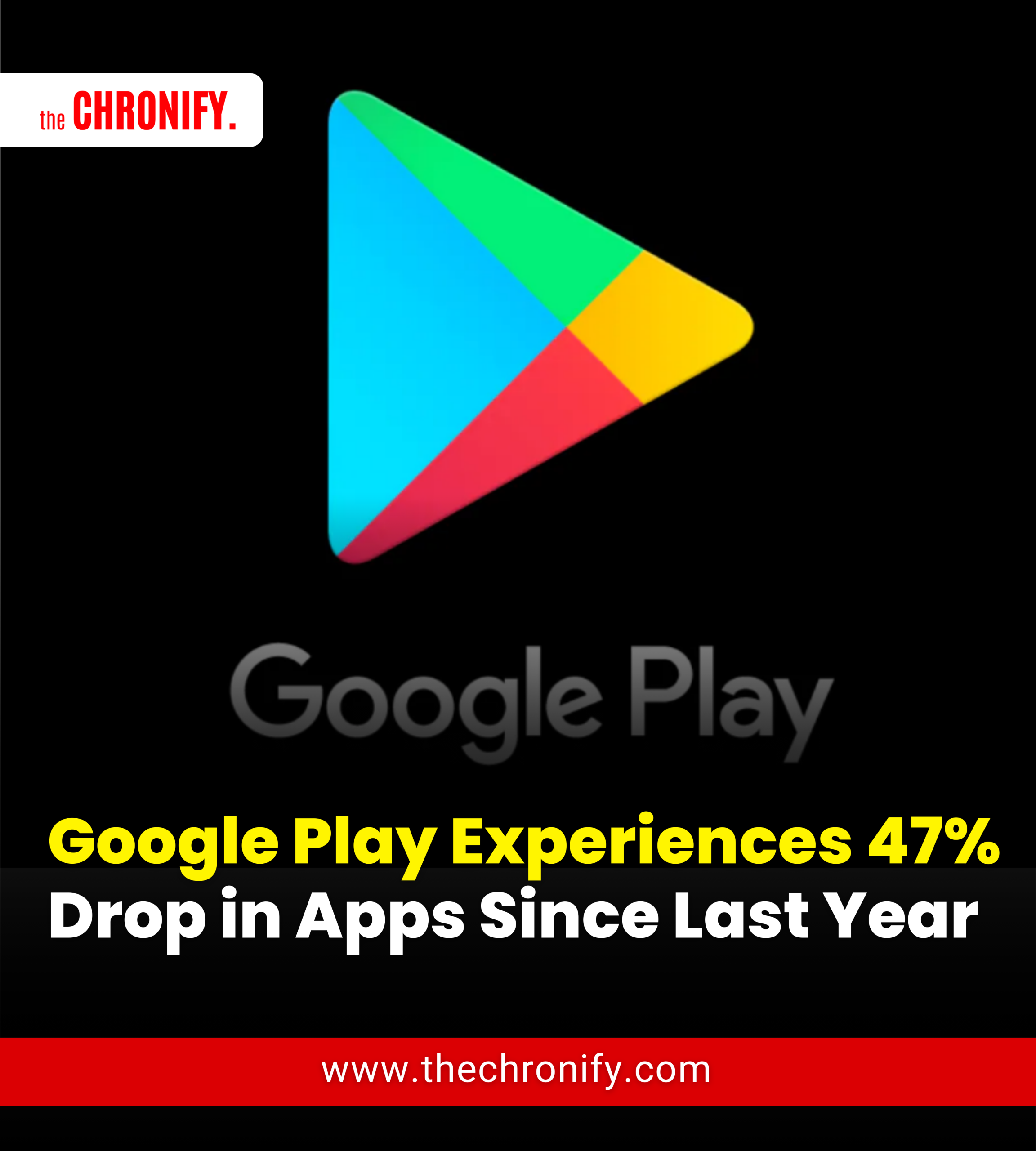Google Play Store Sees Nearly Half Its Apps Removed Since 2024
The Google Play Store has witnessed a dramatic drop in its app count over the past year, shedding nearly 47% of its total apps, according to app analytics firm Appfigures. The platform, which started 2024 with around 3.4 million apps, now hosts only about 1.8 million.
This sharp decline stands in contrast to Apple’s App Store, which saw a slight increase in app numbers, from 1.6 million to 1.64 million in the same period.
While at first glance the reduction may seem alarming, it may actually benefit Android users and developers alike. A leaner app ecosystem could help eliminate low-quality, misleading, or spammy apps, making it easier for users to find trusted applications and giving reputable developers a better chance to be discovered.
Historically, the Google Play Store has maintained a relatively open policy, relying more on automated systems and malware scans than human intervention during the review process. This approach has often resulted in a higher number of lower-quality apps compared to Apple’s stricter vetting procedures.
In mid-2024, Google began implementing more stringent quality control standards, no longer just targeting malfunctioning apps but also removing apps with minimal utility or content. These included static apps, single-function apps (like basic wallpaper or PDF readers), and those lacking clear functionality.
Google confirmed that its updated policies contributed to the app reduction. These included stricter identity verification for new developers, mandatory app testing, and expanded manual reviews to detect deceptive or fraudulent software. Other key moves in 2024 involved increased AI-driven threat detection, enhanced privacy rules, and better tools for developers.
As part of these enforcement efforts, Google reported preventing the release of 2.36 million policy-violating apps and banning over 158,000 developer accounts for harmful behavior.
Notably, the European Union’s new trader status regulation, effective from February 2025, mandates developers to disclose their names and addresses. While this policy has led to app removals in the EU, Apple’s App Store—subject to the same rules—did not see a similar drop.
Appfigures also noted that app removals began even before Google’s stricter policy rollout last summer. Meanwhile, new app releases in 2025 are up by over 7%, indicating continued interest in the platform despite the tightened rules.

